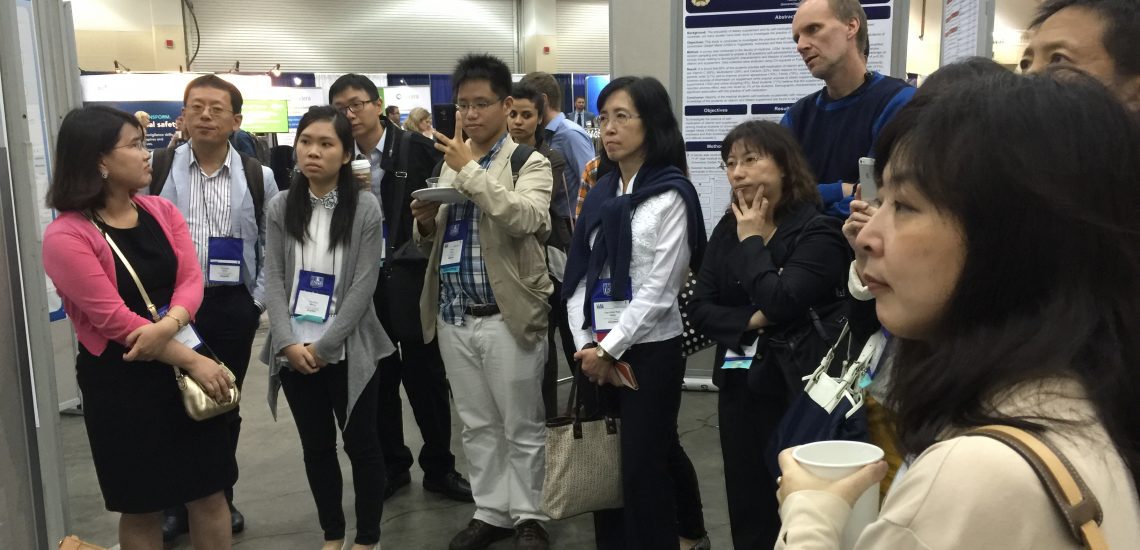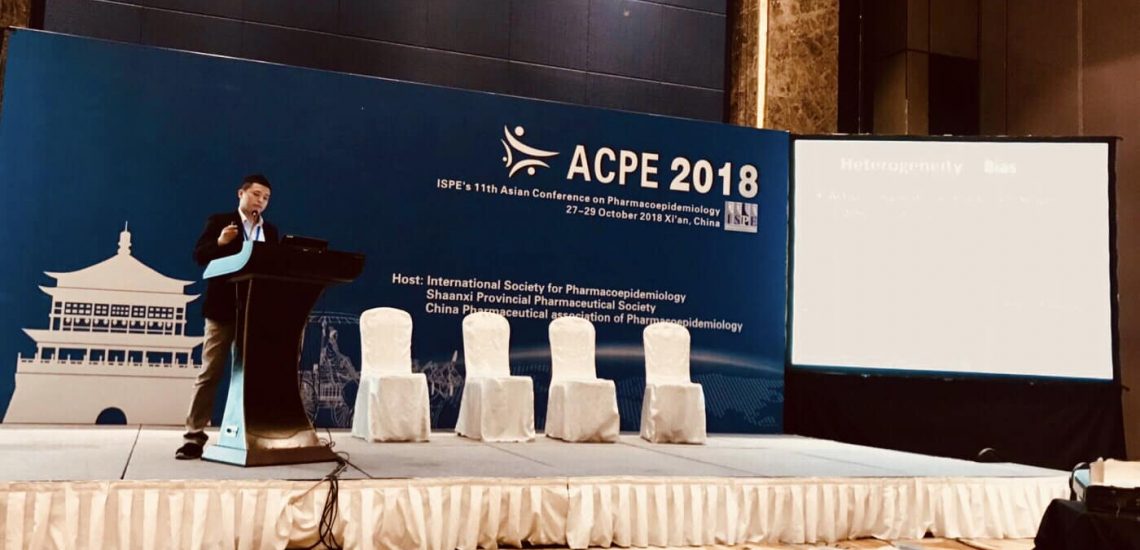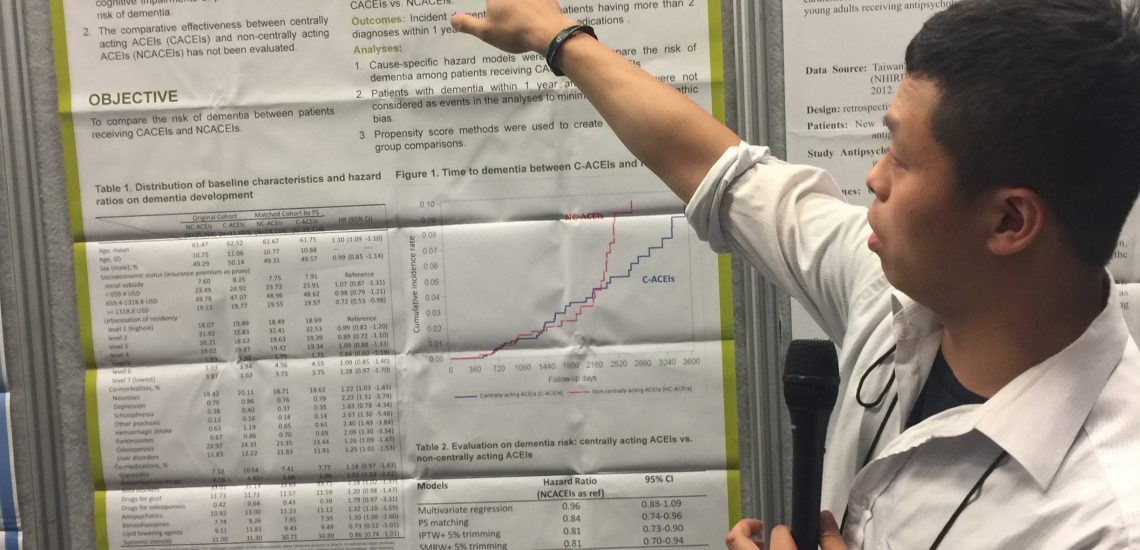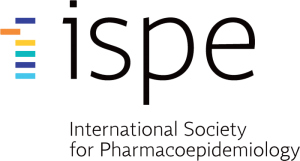What is AsPEN?
The Asian Pharmacoepidemiology Network, or AsPEN, is a multi-national research network which was formed to provide a mechanism to support the conduct of pharmaco-epidemiological research and to facilitate the prompt identification and validation of emerging safety issues among the Asian countries.
1. The History of AsPEN AsPEN
was first suggested at the 3rd Asian Conference on Pharmacoepidemiology (ACPE) in Seoul, Korea in 2008. A collaborative international symposium was convened in 2009 which culminated in a multi-country meeting at the 4th ACPE in Tainan, Taiwan. At the Tainan meeting, attendees agreed to formally develop the AsPEN initiative by undertaking an initial feasibility study. Following the ACPE-Tainan meeting, a series of teleconferences were held to further develop the protocols and to decide on the study execution details including the structure of common datasets and the development of common analysis programs, personalized for each country. AsPEN symposium was held in 2010 at 5th ACPE in Tokyo, Japan, and in 2011 at 6th ACPE in Beijing, China. In the mid-year meeting of ICPE in 2012, AsPEN was recognized as formal special interest group (SIC) at ICPE. The 7th ACPE and AsPEN workshop will be held in Bengaluru, India in 2012.
2. AsPEN Collaborating Nations and the characteristic of the ASPEN database
Participating AsPEN collaborating nations included: Taiwan, Japan, Korea, and Australia with their collaborating nations including Sweden, and the United States.
AsPEN Chair.
Dear Colleagues,
I am indeed most delighted to be given the opportunity to chair this enthusiastic research network. AsPEN is a network of passionate researchers with the purpose of facilitating research within the field of Pharmacoepidemiology across the Asia-Pacific region. Over the past few years, I have participated in several AsPEN studies as both a coordinator and a participant. In the process, I have gained valuable knowledge and advices from our esteemed members who are always helpful to junior members.
As chair of AsPEN, I hope to bring together research teams across the network that could stimulates both our knowledge and scientific intellect. AsPEN provides the perfect platform for different researchers to interact and possibly discuss future collaborations. Through these collaboration and interaction with different researchers, this could enrich our current knowledge and transcend our research skills. I believe that this is our road map to achieve further development of Pharmacoepidemiology across the Asia-Pacific.
On behalf of AsPEN collaborators, I would like to extend a warm invitation to all researchers who are interested in Pharamacoepidemiology to join our activities.
Sincerely, 
Kenneth Man
Chair of AsPEN






